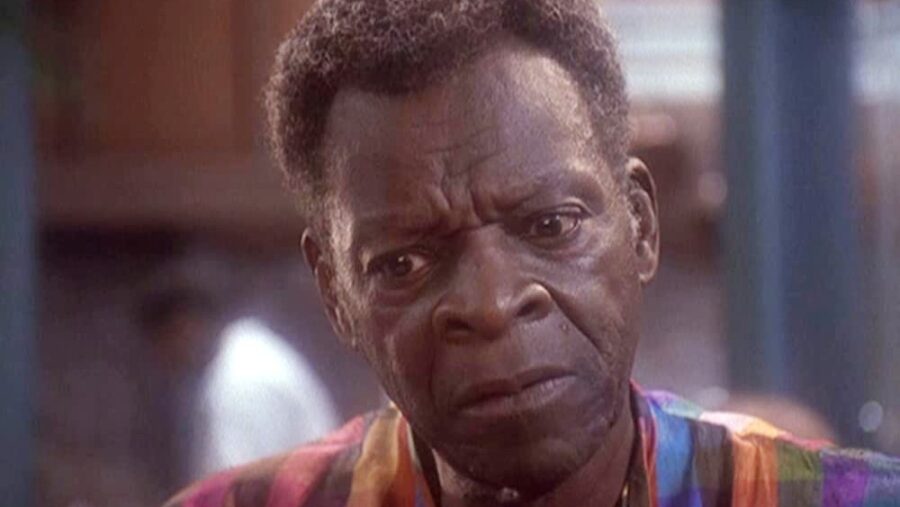Louisiana and Quebec are both settler-colonial territories at the mouths of major navigable rivers, and both have a history of Francophony. But why was French broadly displaced by English in Louisiana, while this has not happened in Quebec? What are the different historical factors that led to these different outcomes? In particular, what were the roles of the rivers, if any? What is the present language situation in these regions, and what would you predict the future language situations of these regions to look like?
South Louisiana native here with a few Cajun and Creole friends:
French language and culture eradication was official government policy into the 1980s. Teachers were instructed to punish students who spoke French in class (the canonical punishment was kneeling on uncooked rice). Only with the rise of cultural tourism did this policy end and did revitalization attempts begin. They’ve had limited success, have been racist in their implementation, and have largely just resulted in more Metro French education, rather than either main branch of Louisiana French. As a result, I think rates of French speaking are continuing to decline, and the unique dialects themselves are definitely declining.
For a bit of background here, Louisiana is generally considered by most residents to have two “distinct” groups of historical French-speakers: the Cajuns and the Creoles. Conventional wisdom has been that the Cajuns were descended from the Acadians expelled from the Canadian Maritimes, whereas the Creoles are descended from French colonists and imported African French colonial slave labor, along with some admixture from Native Americans. Cajun and Creole cultures are considered distinct, with Cajuns generally living in the southwest of the state, centered around Lafayette, and Creloes living in the southeast. More bluntly put, to most Louisianians, if your grandparents spoke French and you are black, you’re Creole, and if you are white, you’re Cajun. There’s been a lot of scholarship around this lately to try to unify these identities, arguing that this bifurcation is pretty ahistorical, but that’s still not widely accepted. (The more fun way to say whether someone is Creole or Cajun is if they put tomato in their gumbo.)
If I had to guess, I’d say the fact that the French-speaking bloc was generally always poor, but then also split along racial lines greatly diminished any capacity it would have had to advocate for itself throughout the 20th century. Racial politics more likely trumped ethnolinguistic unity.
Anyway, the end result is that vanishingly few young people are native Louisiana French speakers. Anecdotally, I had a friend from Cut-Off (real place name) who could understand a little when spoken to him, his dad had full comprehension, and his grandparents were first-language French speakers.
Dying to know which group uses tomato in their gumbo.
Creoles put tomato in their dishes, Cajuns generally do not. Creoles also tend to use more seafood while Cajuns will use more chicken + pork, on account of the former generally living in the coastal areas while the latter live more inland.
As the other poster said, Creole cooking generally contains tomatoes. In most places outside of New Orleans when you get “gumbo”, it’s generally Cajun-style. I honestly don’t think I’ve ever seen Creole gumbo at a restaurant outside of the New Orleans area.
Which is good, because it’s worse.
Cajun and Creole cultures are considered distinct,
People can think whatever they want but all im saying is creole seasoning is just cajun seasoning with oregano, thyme and basil

Idk if this means you disagree or if you don’t but you’re sad about it
Confession i use creole seasonings in all my cajun dishes. Why would i want less flavor
It’d Ben Sisko’s dad from stsr trek ds9, he owns a restaurant in New Orleans and would give you such a chewing out for not caring about the difference
In addition to what others have said here about the linguistic specifics, I think the Expulsion itself is well worth learning about. Of course the French settlers later known as the Acadians did awful things to the indigenous people. But what the British did to the Acadians is stomach churning as well. In terms of the total number of people affected, it’s nowhere near as high as later ethnic cleansings throughout the world. But in terms of proportion of people affected, it’s among the worst that wasn’t outright extinction.
Going deep into the history of the Expulsion made me a lot less enamoured with my Scottish ancestors than I had been before. They were willing partners with the English during the process.
Bit rusty on my Franco-American history, so apologies for anything off base.
Louisiana was populated by former French settlers of New France, which eventually becomes Quebec, called the Acadians that had their own nationalist movement and were booted by the English to current day Louisiana. After the Louisiana Purchase, there stopped being a flow of French settlers to the region since it was no longer France’s, whereas New France/Lower Canada kept bringing in settlers. New France/Lower Canada also had its own treaties with English/Upper Canada that kept cultural barriers better intact. The Anglo-French divide in Upper and Lower Canada was also more along religious boundaries so Catholics and Protestants had more established communities that didn’t exist when the Acadians moved to Louisiana, which meant that assimilating to the dominant culture (Anglo-Protestant) was a lot harder to resist. There’s also the factors of Louisiana being very close to the Caribbean, Mexico, and Southern states with large Black populations that made it more of a diverse cultural and ethnic milieu that Quebec never really had outside of Montreal.
Acadians didn’t settle Quebec, they lived mostly in nova Scotia and new Brunswick, different French dudes colonized Quebec
Ah thanks for the correction!
No problem. Some avadians did come back to the east coast, mostly new Brunswick and there’s little communities spread around. The dialect and accent are different as well.
I came in here to talk about the Acadian expulsion and instead I’m genuinely impressed by the great answers you’ve already received. Thanks Hexbear, never change.
deleted by creator
They got expelled from where I am, so it was taught to me in elementary school until high school and was generally the same thing each year. The first time I heard the name Evangelion it wasn’t about anime
The French people in Louisiana were Acadians who settled on the east coast of Canada. The English the forcibly moved em and a lot went to Louisiana cause it was French territory at the time. The French still had colonies and stuff in what would become America during the revolution and tended to aid the Americans cause they were fighting England. Quebecois are other French dudes thar settled in Quebec.
There’s a good episode of The Dollop, #277.
Like most things Dollop, it’s more fun to go in blind.
Ooh look knowledgeable answers! I’d like to add that there are still Acadians in eastern Canada, and their French is a crazy cool mish-mash of French and English.
Also Acadian-Cadian-Cajun. Neat, huh?






